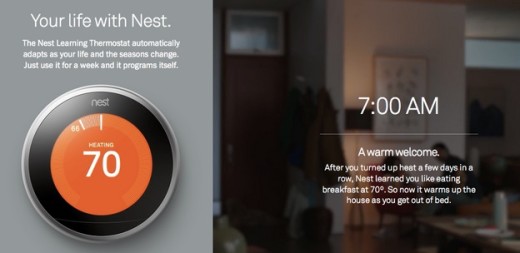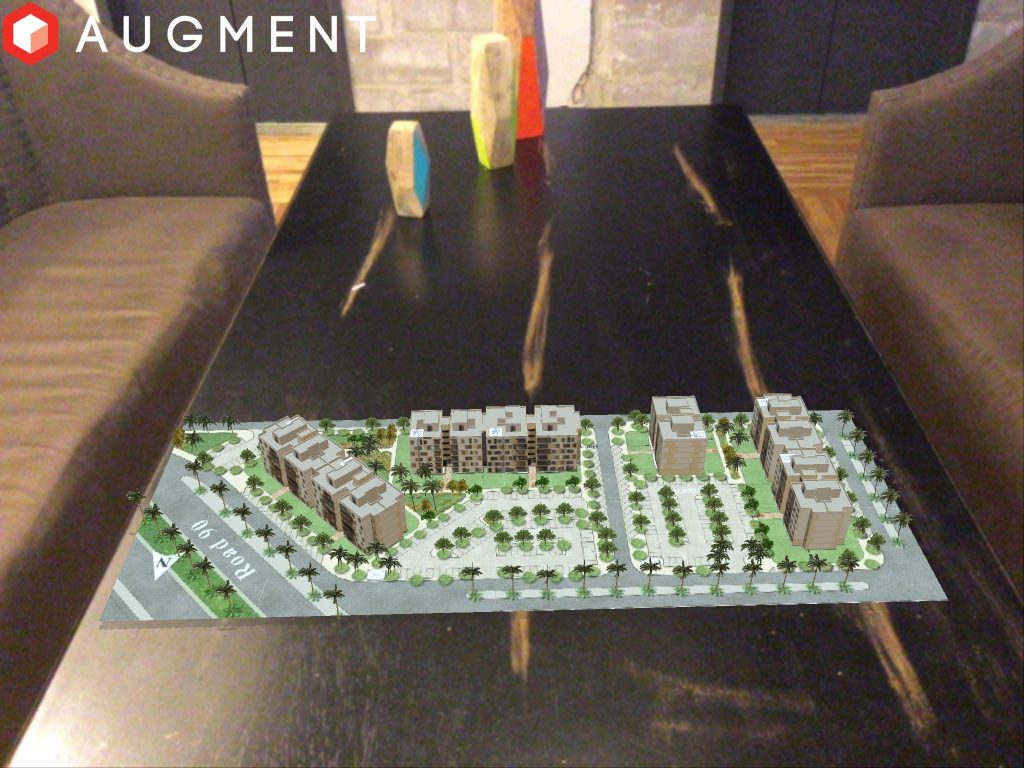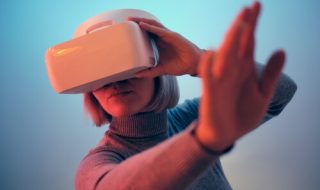
When we think about technology, we tend to view it as something that diminishes the customer experience. There’s the idea that technology takes away the human touch from business and marketing, leaving customers to fend for themselves.
At the same time, according to companies like the app design firm Buildfire, to make money you have to cultivate long-term customers. The majority of the money a business makes is going to come a small percentage of loyal customers.
So how can you combine technology with a strong customer experience? Can you build customer loyalty while relying on technology?
The following are some of the beneficial ways it is possible to integrate technology and excellent customer experience.
Chatbots

No One Is Happier About Customer Service Chatbots Than the People They Are Designed to Replace
Chatbots are a valuable way to integrate artificial intelligence into business marketing and put technology to work in a way that improves the customer experience. Chatbots can manage customer service functionalities that had to be previously taken care of by a human, and the customer gets that instant sense of support they expect.
What’s great about chatbots is also the fact that they’re accessible on any device, along with the instantaneous results for customers.
Chatbots work well not just for online retailers, but also for service businesses. For example, some hotel chains have started using chatbots as part of their concierge services. The chatbot can not only instantly interact with guests, but over time those interactions help them learn more about what the guest wants and how to provide them with the best, most personal service.
Using Data for Personalization

How to personalize your UX design without being creepy
Most consumers are okay with sharing their data if it means they’ll receive personalized deals, offers, and discounts. Businesses should be taking advantage.
The collection of data is valuable from a business perspective because you can use it for future marketing decisions. At the same time, customers are going to feel more loyal toward a business that segments and tailors offers based on their needs, and their habits.
Anything that’s personalized is going to be a better experience from the user’s perspective.
Each time your customers are interacting with your business, and you’re able to collect more data, it can be put toward delivering more personalized service in the future.
Virtual Reality

Picture This: Virtual Reality 360 3D Benefits For Small Businesses
There are a lot of items that customers want to see and imagine how they will fit into their life.
An area where this is especially helpful are furniture, home décor, and lighting. Use virtual reality online and in business apps to allow them to add items to their “space” and see how it will work.
For e-Commerce clothing retailers there are also tools that allow customers to virtually try on items before making a purchase.
Some businesses are going even further, there are options to provide customers with a fully-immersive virtual experience before making a purchasing decision.
Finally, businesses can also think about using technology in ways that save time and makes the experience of interacting with their brand easier. For example, apps can be used to schedule in-store appointments, check inventory before visiting a brick-and-mortar store, or to schedule classes or events.




